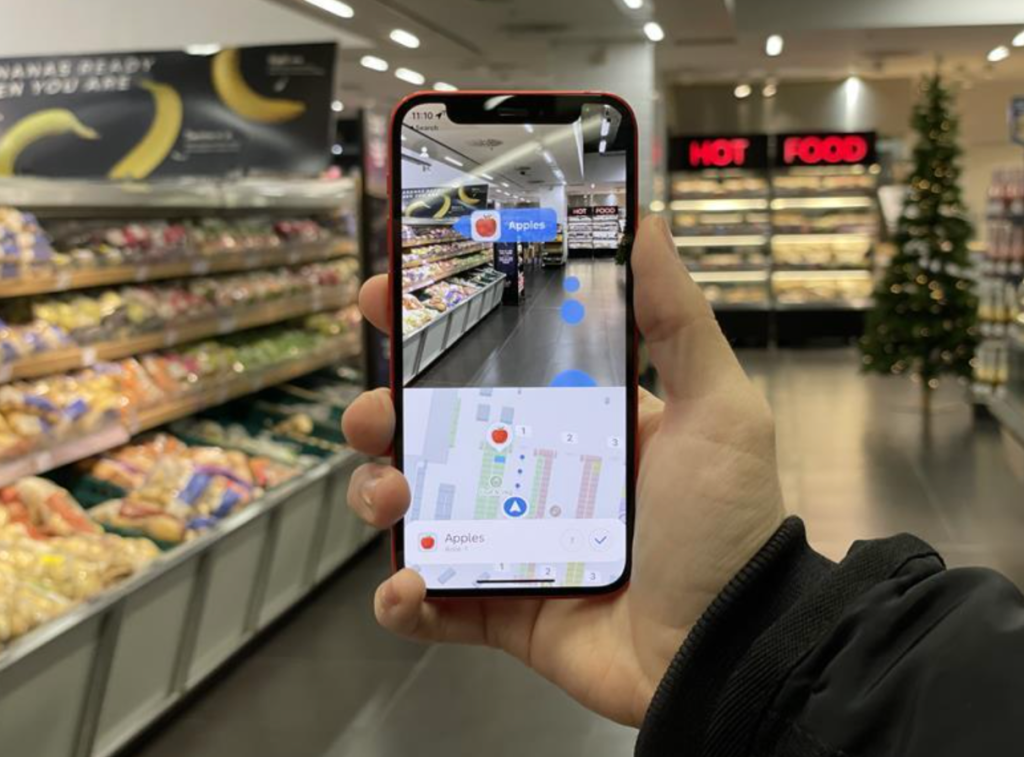News Blast
Your daily dose of trending news and updates.
Augmented Reality: Your New Best Friend or Just Another Fad?
Is augmented reality here to stay or just a passing trend? Dive in to find out why it could be your new best friend!
How Augmented Reality is Transforming Everyday Experiences
Augmented Reality (AR) is revolutionizing the way we interact with the world around us. By overlaying digital information onto the physical environment, AR enhances our everyday experiences in various domains, including shopping, education, and entertainment. For instance, shoppers can now use AR applications to visualize how furniture would look in their homes before making a purchase, leading to more informed buying decisions. Additionally, educational institutions are integrating AR into their curricula, allowing students to explore complex subjects through immersive simulations that foster greater engagement and understanding.
In the realm of entertainment, AR is transforming gaming and interactive experiences, providing users with a unique blend of the real and digital worlds. Popular apps like Pokémon GO have demonstrated the potential of AR to encourage outdoor activity while offering a fun and interactive way to engage with beloved characters. Moreover, industries such as tourism are leveraging AR to enhance sightseeing, where users can point their devices at historical landmarks to uncover rich information and interactive elements. As AR technology continues to advance, its ability to enrich our everyday experiences will only grow, making it an essential tool in our increasingly digital world.

Is Augmented Reality Here to Stay? Debunking the Myths
As technology continues to evolve, augmented reality (AR) has emerged as a game-changing innovation across various industries. However, some skeptics question whether AR is just a passing trend or if it's truly here to stay. To debunk this myth, it's essential to recognize the growing adoption of AR applications in fields like education, healthcare, and retail. With major companies investing heavily in AR technology, it’s clear that its practical applications extend far beyond mere novelty, indicating a sustained future for AR.
Another common misconception is that augmented reality requires expensive hardware, limiting its accessibility. In reality, advancements in smartphone technology make AR tools available to a broader audience than ever before. Many users now experience AR features through their mobile devices at little or no cost. This democratization of technology promises to solidify AR’s place in daily life, encouraging continuous innovation and integration into our routines, thus affirming that augmented reality is indeed here to stay.
10 Ways Augmented Reality is Enhancing Learning and Education
Augmented Reality (AR) is rapidly transforming the landscape of education by creating immersive learning experiences. One of the most significant ways AR enhances learning is through interactive visual aids. By overlaying digital content onto the physical world, AR technology enables students to visualize complex subjects, such as anatomy or architecture, in a more engaging manner. For instance, instead of just reading about the human anatomy in a textbook, students can use AR apps to see 3D models of organs and systems, helping them to understand their structures and functions more effectively.
Moreover, AR is encouraging collaboration among students through shared experiences that facilitate group learning. When students engage with AR applications together, they can work as teams to solve problems or complete tasks, which fosters communication and critical thinking skills. Here are 10 ways AR is enhancing learning and education:
- Interactive simulations
- Real-time feedback
- Accessibility for diverse learners
- Enhancing spatial awareness
- Gamified learning experiences
- Field trips without leaving the classroom
- Historical reconstructions
- Language learning through contextualization
- Personalized learning paths
- Teacher-student engagement